The Center for Strategic and International Studies (CSIS) - an independent US policy research institute, provides analysis and comments on the impact of the US election on the situation on the Korean peninsula.
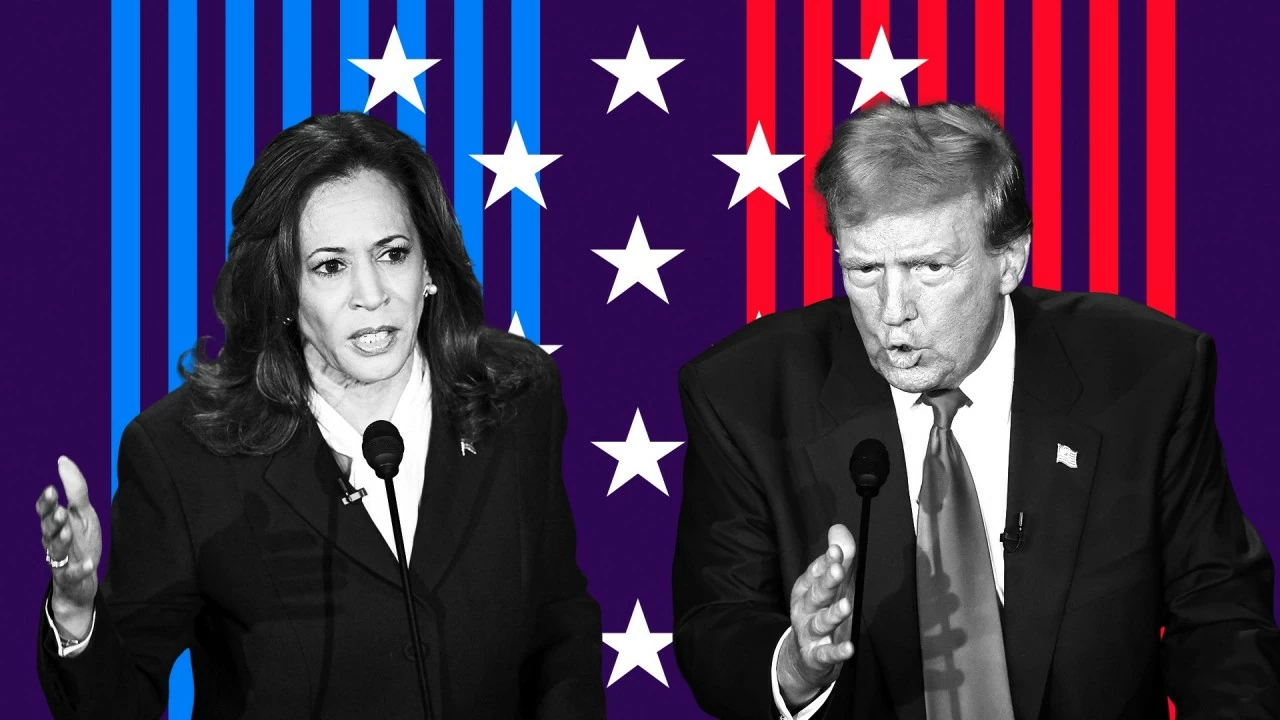 |
| The two US presidential candidates tend to have different stances and policies in handling relations with South Korea and North Korea. (Source: BBC) |
CSIS asserted that nowhere in the Indo-Pacific region could the US presidential election result have a greater impact than on the Korean peninsula, which could lead to strategic changes throughout the region.
Potential divide
Republican candidate Donald Trump has often been critical of partners that have trade surpluses with the US but spend less on defense, which he sees as “freeloading” by relying on Washington’s “security umbrella.” If Trump returns to the White House, South Korea could be targeted for criticism for two reasons.
First, Seoul has a $44.5 billion trade surplus with Washington, a figure that is expected to hit a record high by 2024. Second, although South Korea spends 2.8 percent of its GDP on defense, Trump argues that this is still insufficient, as the country only provides about $1 billion annually to cover the cost of stationing 28,500 US troops in the country.
During his time in office, Mr. Trump once demanded that Seoul increase its contribution fivefold, triggering an internal crisis in the alliance. Therefore, it is completely open to the possibility that the former US President would impose a similar policy if re-elected.
According to data released by the Korea International Trade Association, over the past three years, South Korean companies have invested at least $79 billion in industries vital to the United States, such as high-end chips and clean energy transitions. In addition, Seoul has contributed to the construction of Washington’s largest overseas military base, paying nearly 90 percent of the total $10.7 billion cost.
However, Mr. Trump still considers South Korea a trade competitor and a "freeloader" in the security field. Accordingly, the Democratic candidate can apply a 10-20% tariff on South Korea and even terminate the bilateral free trade agreement (KORUS).
On the other hand, if Vice President Kamala Harris is elected, she will likely continue the previous administration’s efforts to strengthen nuclear deterrence, while also seeking to strengthen trilateral relations with Japan in the spirit of the 2023 Camp David Summit. In addition, the Democratic candidate may want to strengthen the Northeast Asian alliance network by expanding military exercises, while enhancing Seoul’s role in the agenda on Ukraine, Taiwan (China), NATO, AUKUS and the G7. In contrast, Mr. Trump will have little interest in military exercises, which are considered expensive unless partners pay for the US military’s participation.
Economic security policy is expected to continue to be a focus of the next administration. Former Trump officials do not oppose President Joe Biden’s economic security measures to reduce risks and protect the country’s supply chains. This is understandable because Trump is considered the “architect” who initiated this policy through initiatives such as the Green Dot Network (aimed at countering China’s Belt and Road Initiative) and the Clean Network (aimed at addressing China’s intrusion into 5G networks).
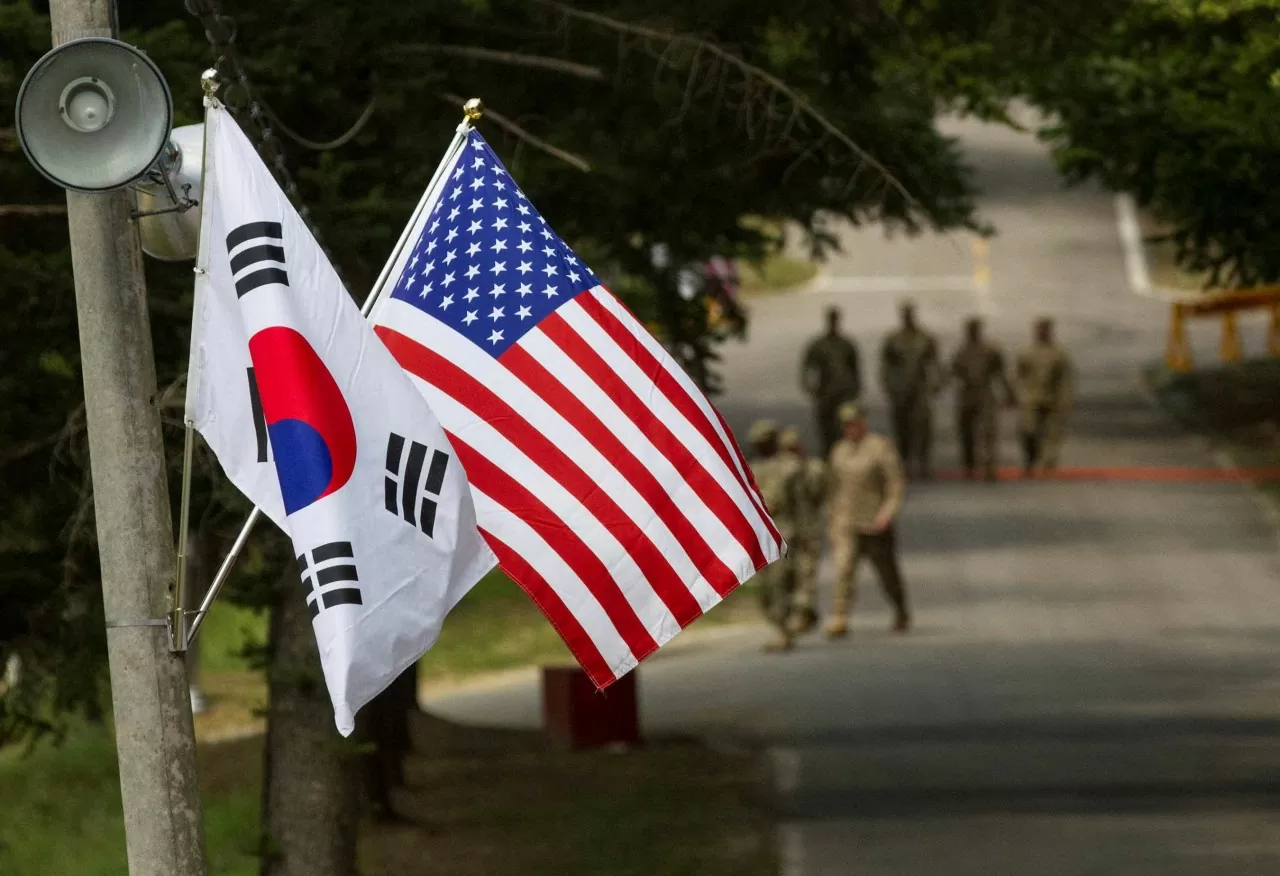 |
| US-South Korea relations are expected to face many difficulties if Donald Trump returns to the White House. (Source: Reuters) |
Dialogue or deterrence?
The next US administration will have to face a North Korea with strong nuclear and intercontinental ballistic missile (ICBM) capabilities. According to CSIS research, Pyongyang tends to act more assertively during US presidential election years, sowing challenges to deter the new administration.
But the two presidential candidates will adopt different stances in handling relations with North Korea.
Harris could both step up sanctions and leave the door open for dialogue. She would also focus on strengthening the trilateral alliance with South Korea and Japan, while pressuring China to act as a bridge in denuclearization talks.
In contrast, Mr. Trump will likely want to build a close relationship with North Korean leader Kim Jong-un, as well as lobby Pyongyang to abide by a permanent moratorium on nuclear testing and ICBM launches.
In light of the above situation, the CSIS center proposes a number of policy recommendations for the upcoming US President.
First, prioritize the development of deterrence capabilities for bilateral and trilateral alliances, in which Washington and Seoul should have a highly unified stance on regional and international issues, and the US should enhance its partnerships with both the Philippines and Australia in the context of North Korea and Russia signing a new security agreement.
Second, consider a trade policy overhaul, in which the United States should adopt an innovative approach to trade, incorporating market access incentives and risk mitigation measures for countries facing economic hardship. With South Korea, which has one of the largest trade surpluses with the United States among its allies, Washington should avoid a harsh response and should encourage Seoul to develop its supply chain, increase exports, and invest in U.S. states to create jobs and improve economic growth.
Source: https://baoquocte.vn/tuong-lai-ban-da-o-trieu-tien-duoi-bong-bau-cu-my-291073.html


![[Photo] Prime Minister Pham Minh Chinh and Ethiopian Prime Minister visit Tran Quoc Pagoda](https://vstatic.vietnam.vn/vietnam/resource/IMAGE/2025/4/17/18ba6e1e73f94a618f5b5e9c1bd364a8)
![[Photo] Warm meeting between the two First Ladies of the Prime Ministers of Vietnam and Ethiopia with visually impaired students of Nguyen Dinh Chieu School](https://vstatic.vietnam.vn/vietnam/resource/IMAGE/2025/4/17/b1a43ba73eb94fea89034e458154f7ae)
![[Photo] President Luong Cuong receives Kenyan Defense Minister Soipan Tuya](https://vstatic.vietnam.vn/vietnam/resource/IMAGE/2025/4/17/0e7a5185e8144d73af91e67e03567f41)
![[Photo] President Luong Cuong receives Lao Prime Minister Sonexay Siphandone](https://vstatic.vietnam.vn/vietnam/resource/IMAGE/2025/4/17/337e313bae4b4961890fdf834d3fcdd5)
![[Photo] President Luong Cuong receives UN Deputy Secretary General Amina J.Mohammed](https://vstatic.vietnam.vn/vietnam/resource/IMAGE/2025/4/17/72781800ee294eeb8df59db53e80159f)
![[Photo] Hundred-year-old pine trees – an attractive destination for tourists in Gia Lai](https://vstatic.vietnam.vn/vietnam/resource/IMAGE/2025/4/17/25a0b7b629294f3f89350e263863d6a3)
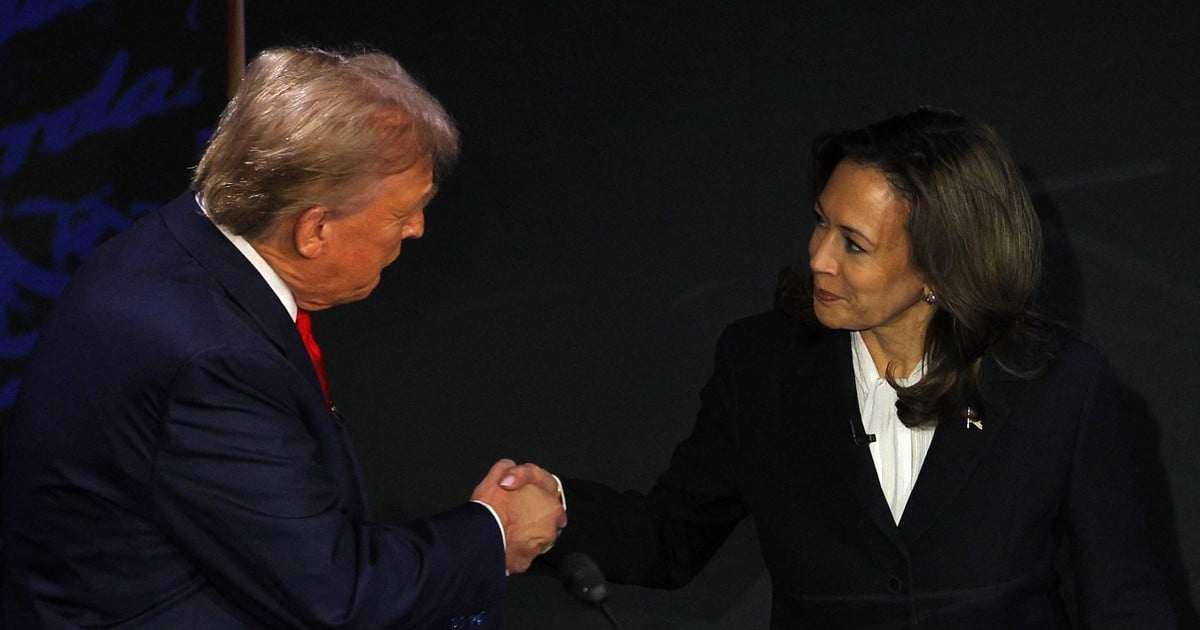

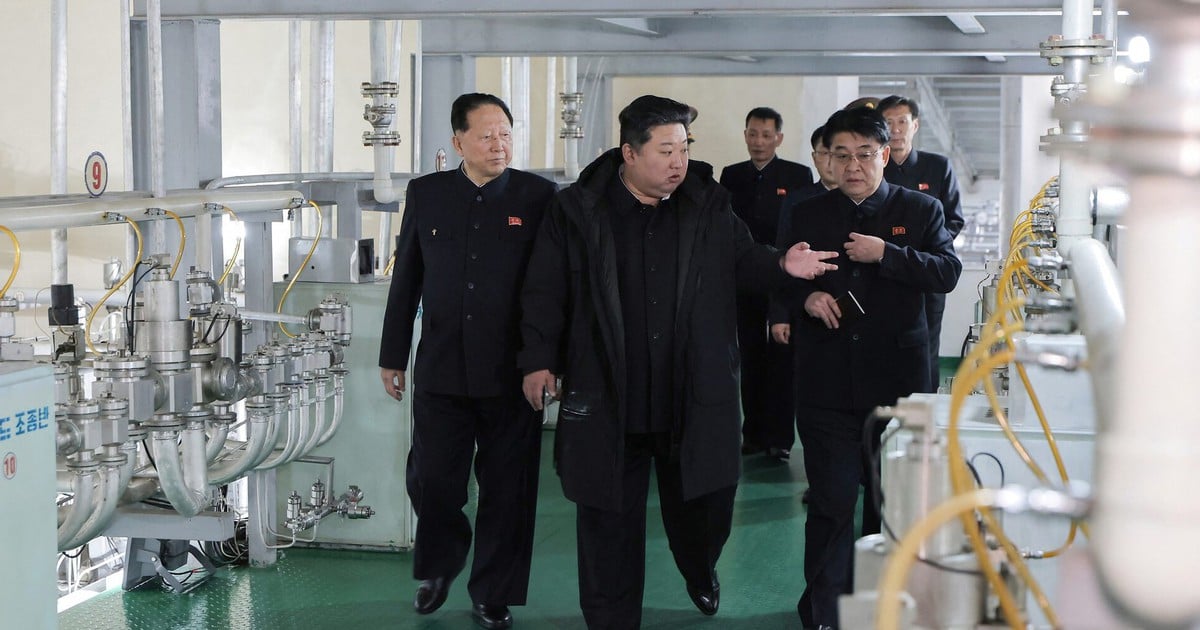
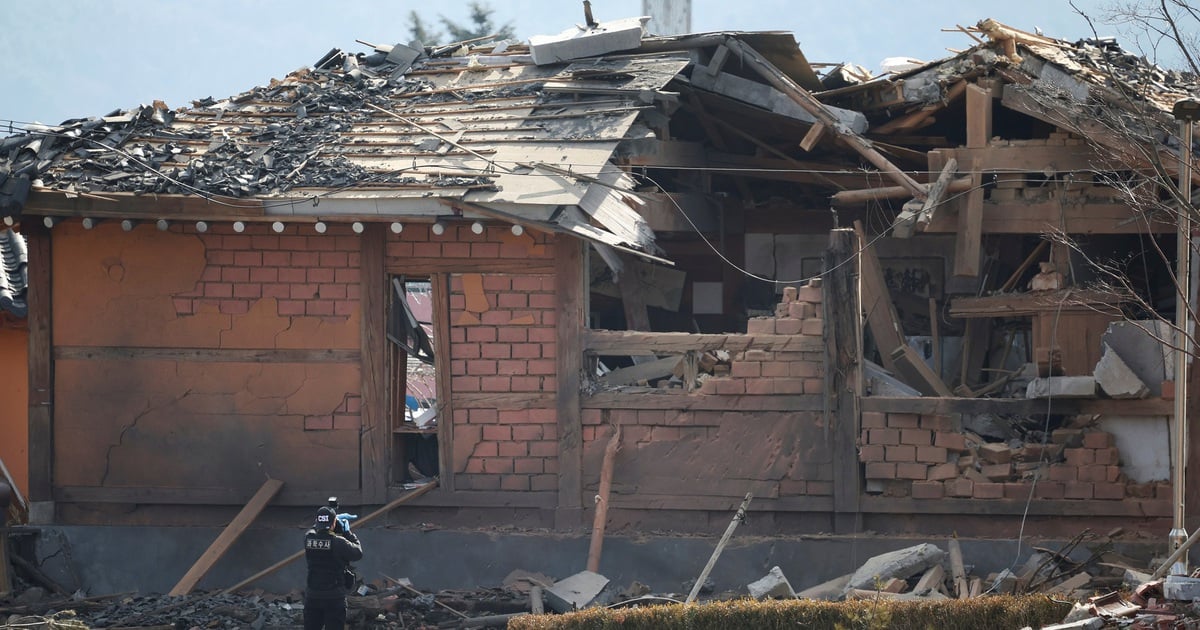
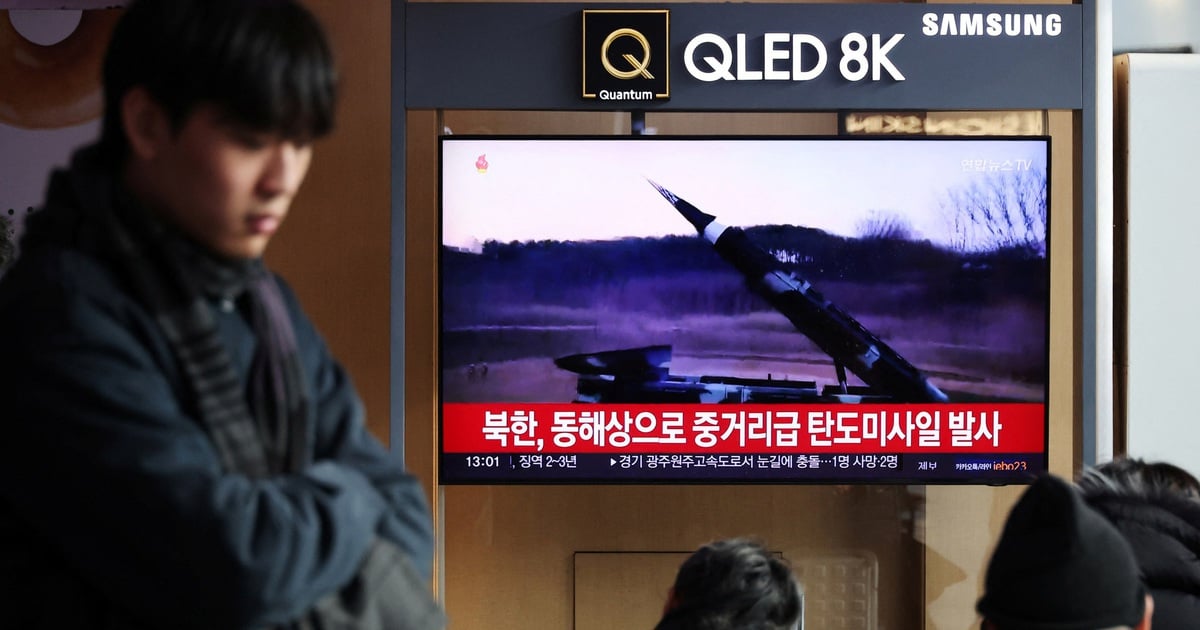


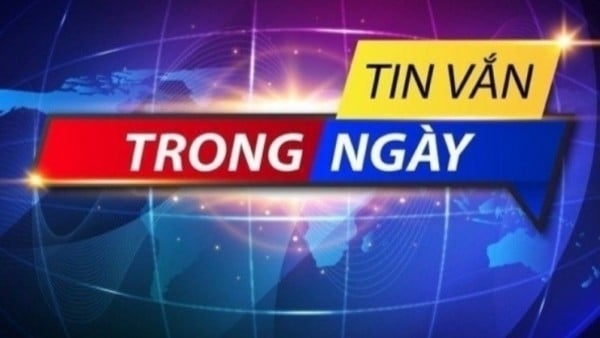
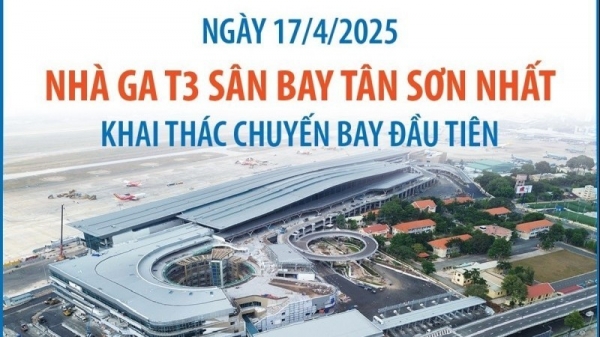
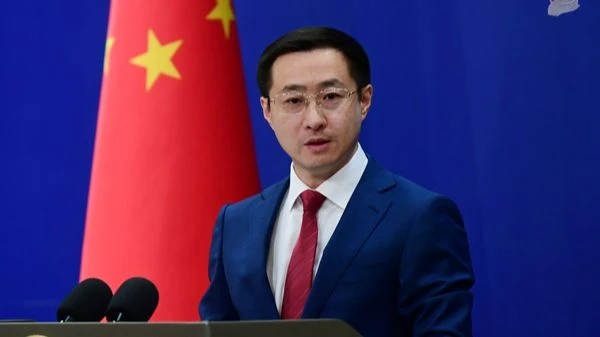
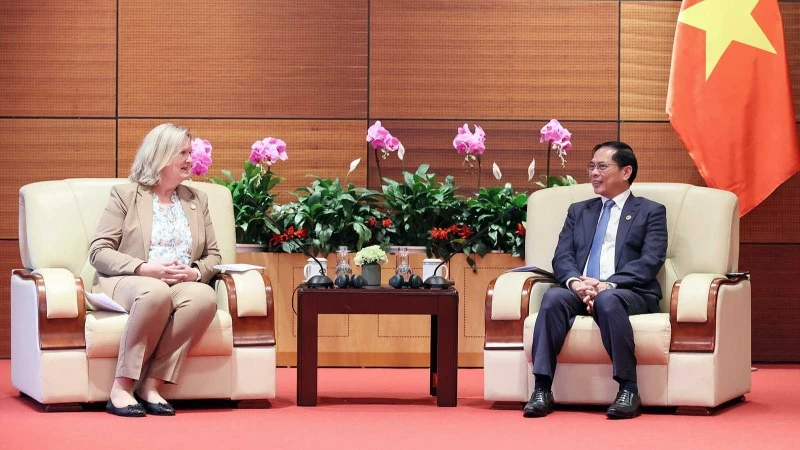
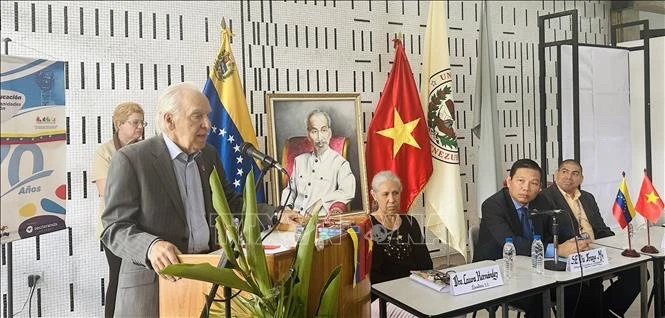
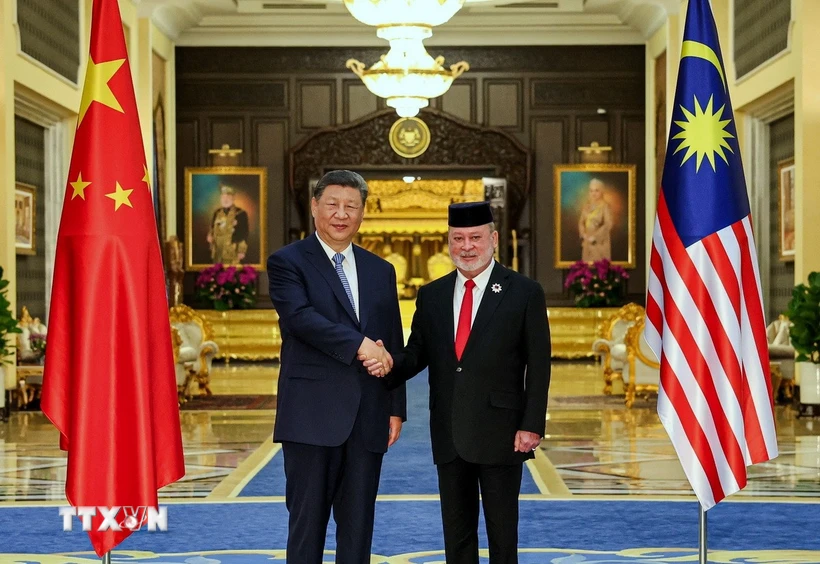
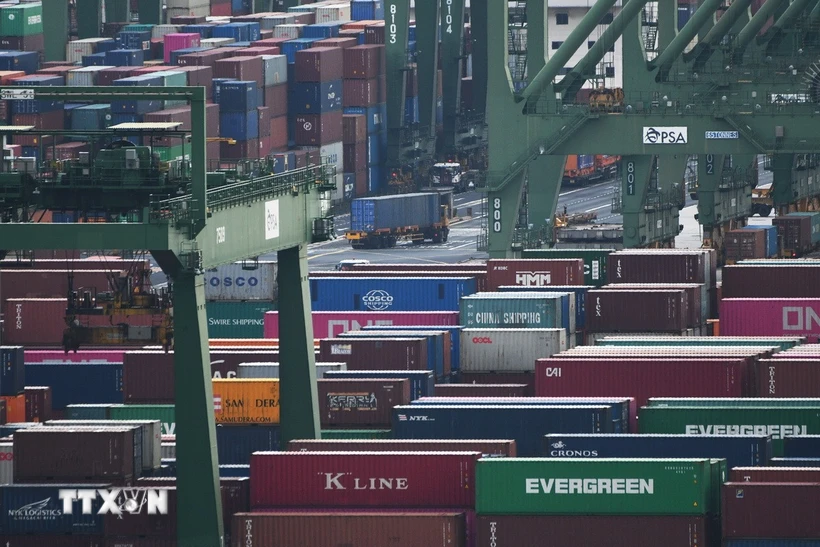




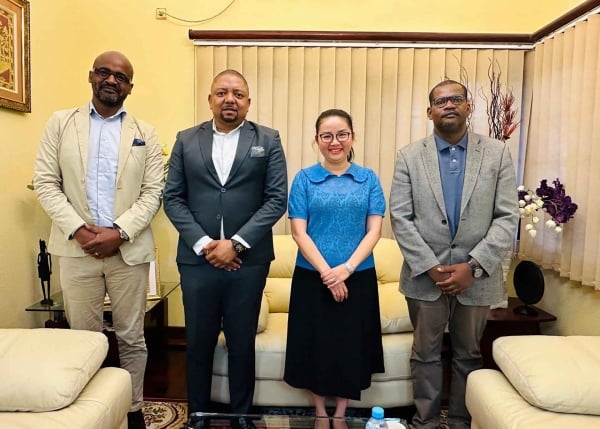
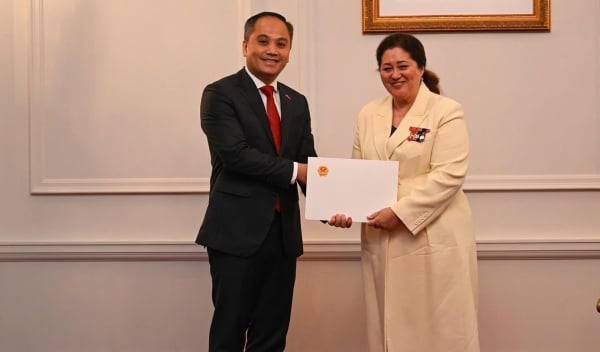
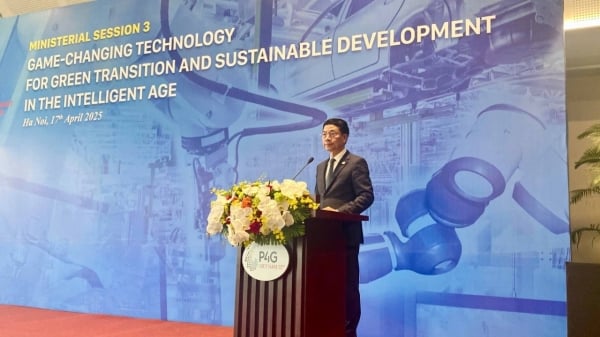
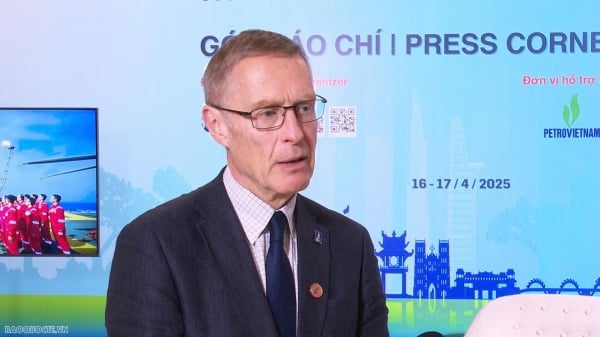









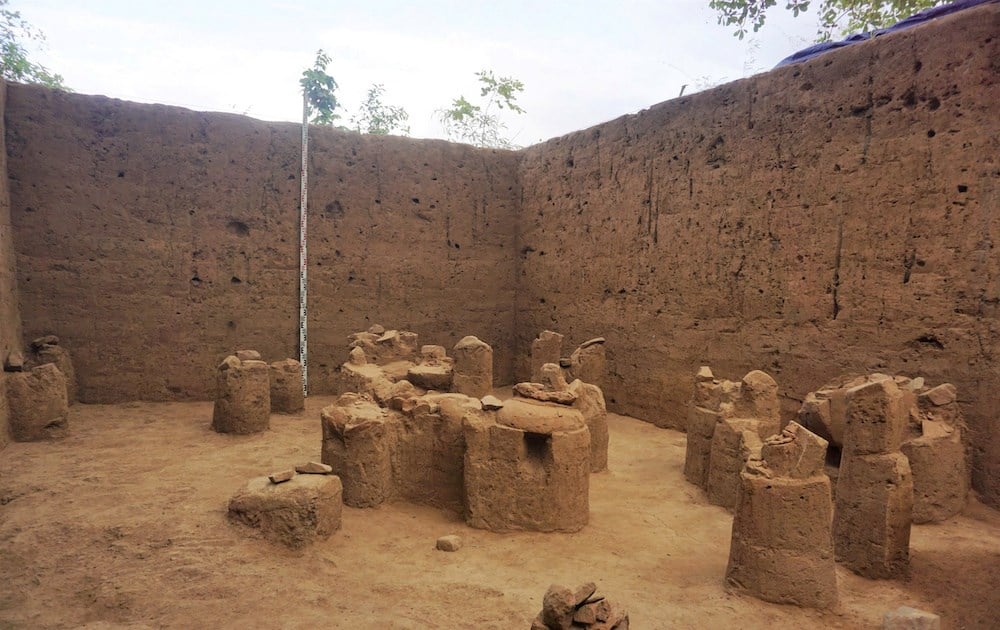









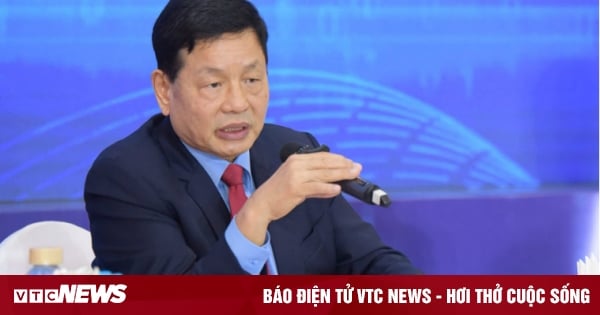




![[Video] Viettel officially puts into operation the largest submarine optical cable line in Vietnam](https://vstatic.vietnam.vn/vietnam/resource/IMAGE/2025/4/17/f19008c6010c4a538cc422cb791ca0a1)
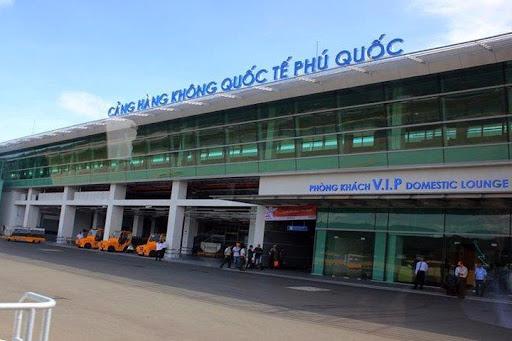





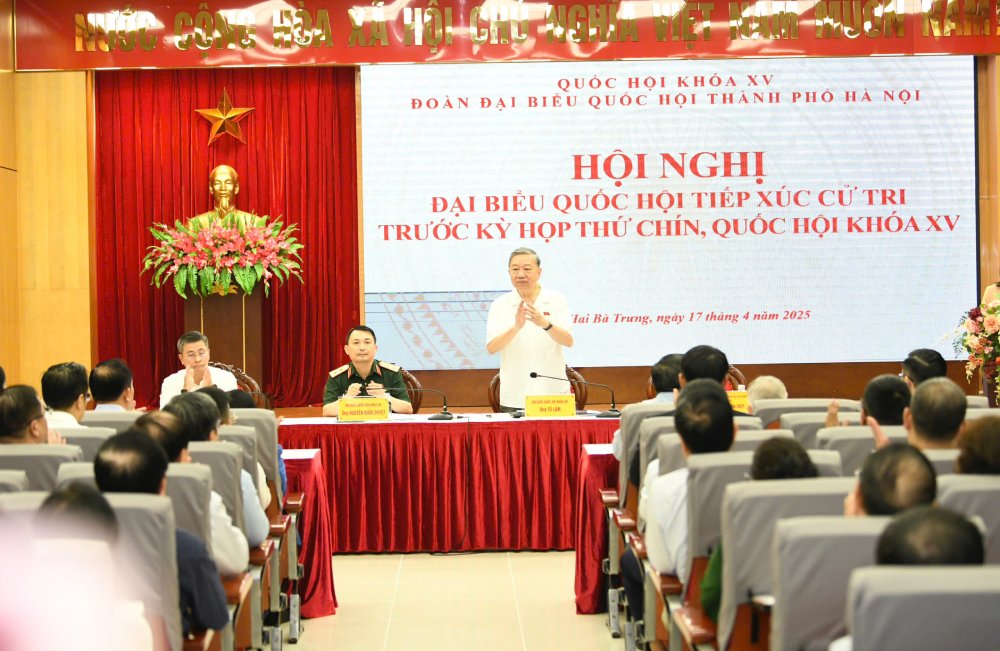

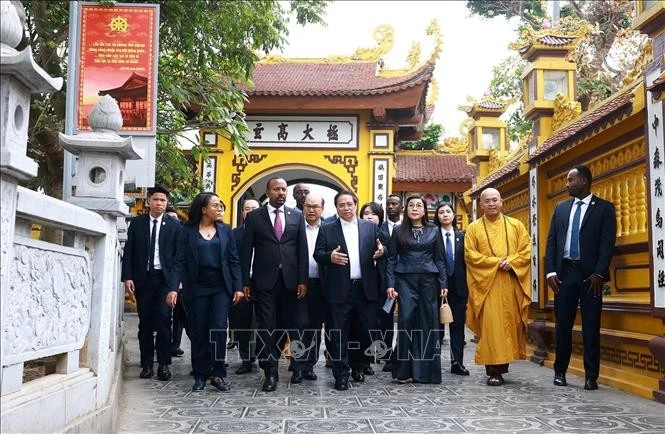

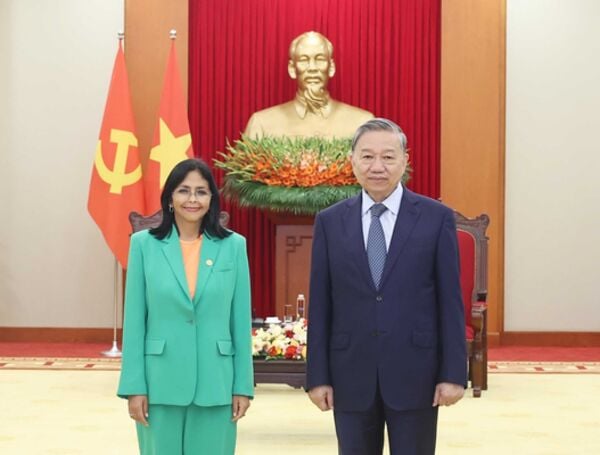
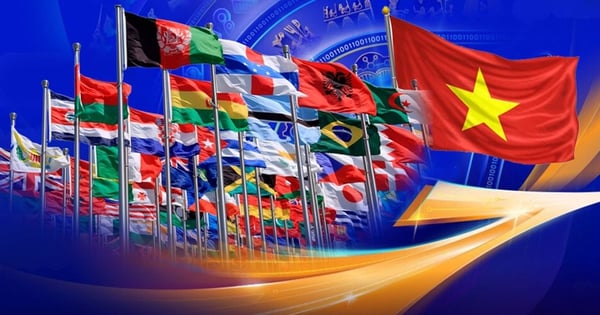
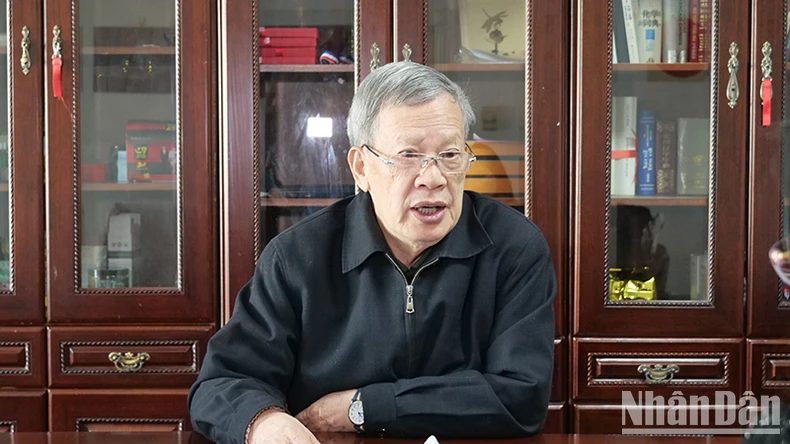
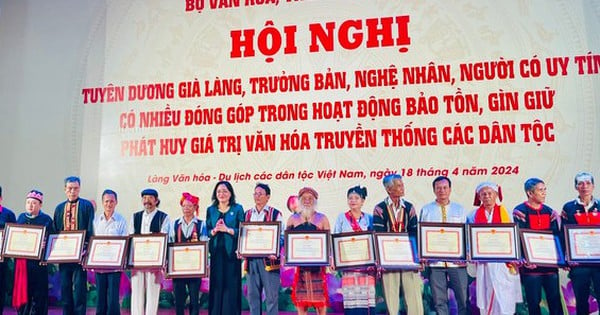


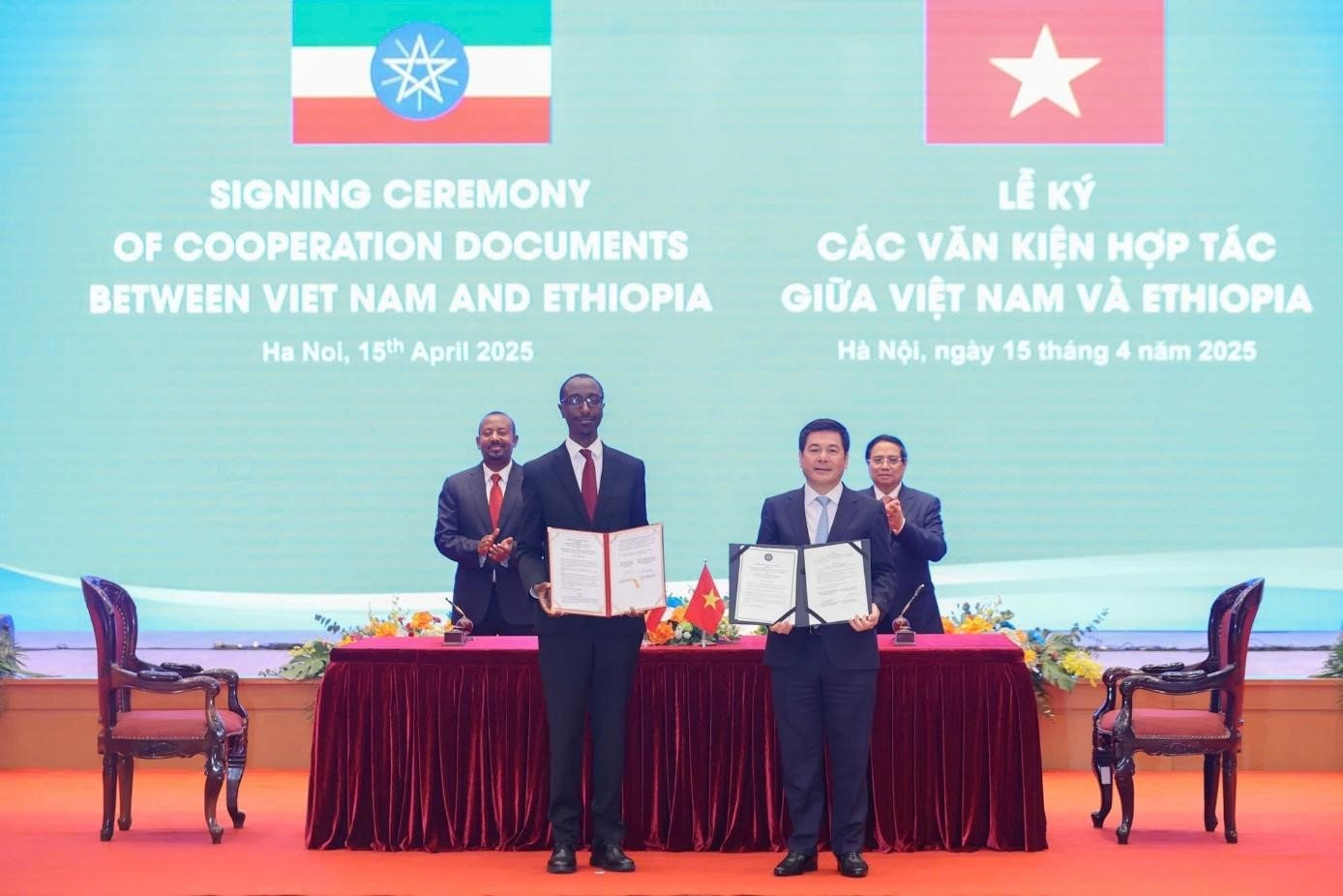

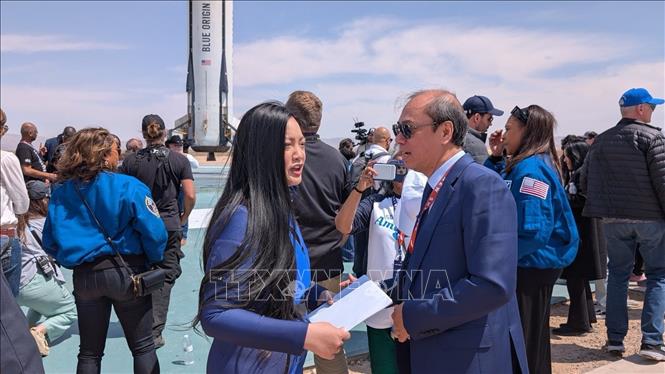

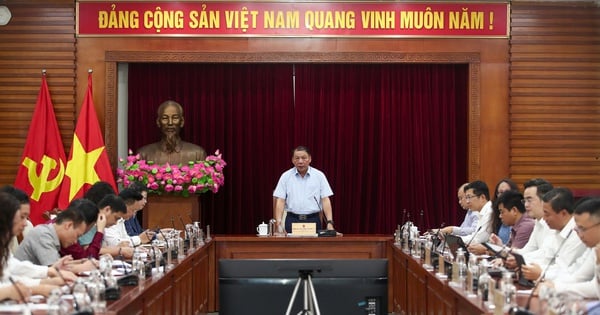

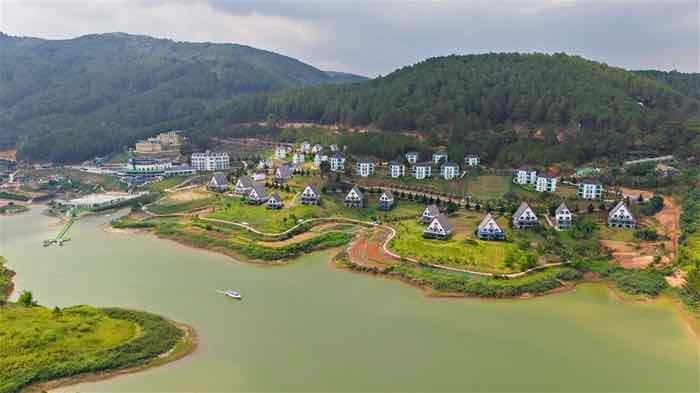

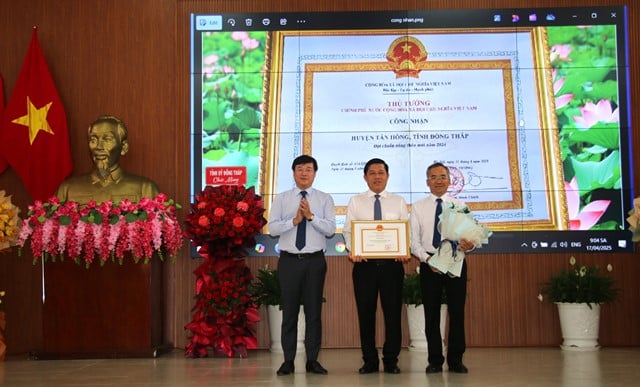



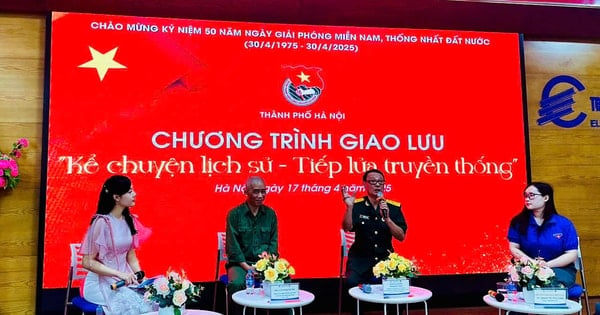

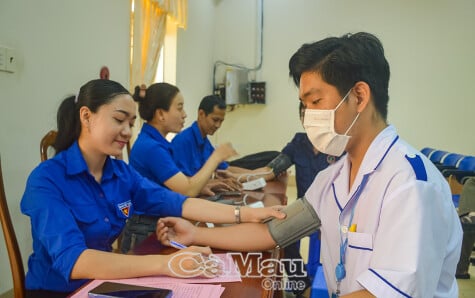

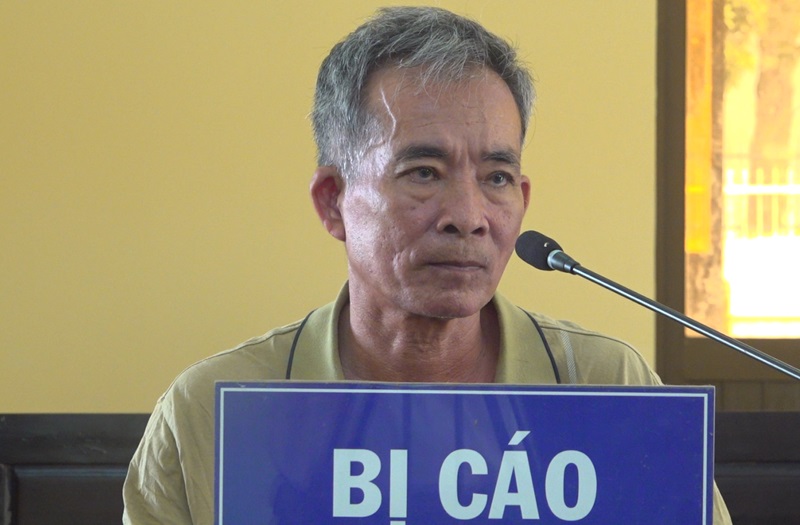










Comment (0)